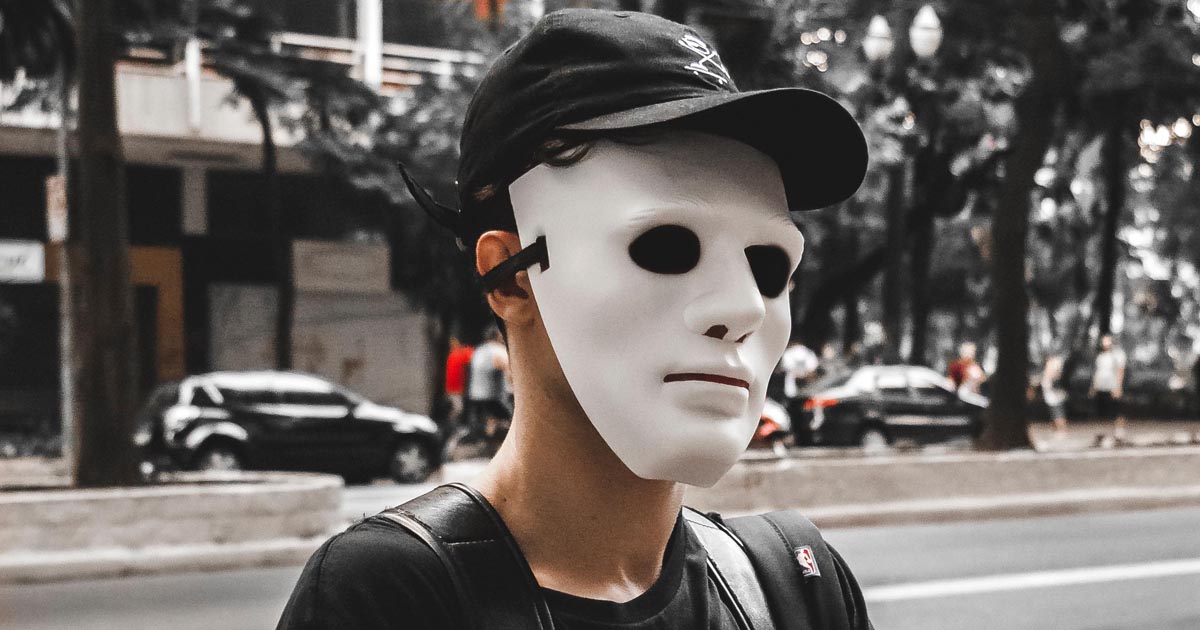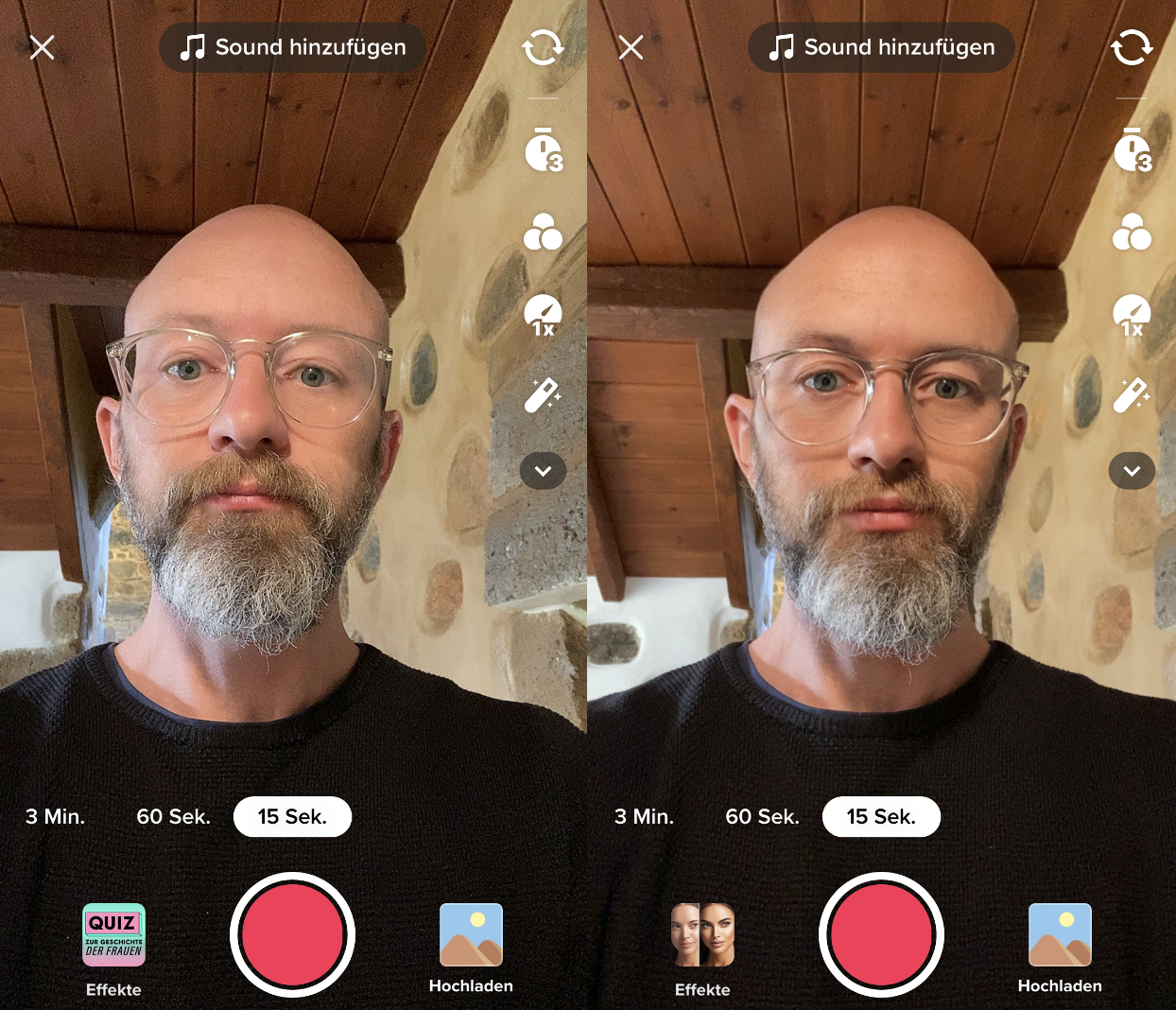Was it the dream of eternal youth or was it the dream of eternal beauty? Our //next columnist Markus Sekulla is not sure. He is sure in his opinion, however, about the beauty filter trend that is currently being discussed through TikTok's “Bold Glamour”.

In short, it's one of TikTok's beauty filters. It puts perfect make-up on one’s face and optimises facial features. The paper Sueddeutsche has written an article about it entitled: "The software for feeling bad"… But why is that?
At the beginning of my article – the loyal //next readers already know – always is a self-test. So I downloaded TikTok (again) and off I went. The filter is easy to find and quick to apply. And it is kind of scary...

Beauty ideals have always existed. No child of the 80s can tell me that he or she didn't have a bad feeling when flicking through the CK ads with Kate Moss or Mark Wahlberg in Bravo. But the ideal seemed unattainable to us at the time, well at least to me. My six-pack had about as much to do with Marky Mark's as the Springfield radio mast has to do with the Eiffel Tower.
It's different with Bold Glamour. What makes them so dangerous is their proximity to reality. An (even) prettier version of us seems just a little brush away. They are called Hyper-Realistic Video Filters. When people who crave social recognition and positive feedback start using it, hoping for likes and hearts from their friends and followers, they won't like what they see when they look in the mirror. Experts see this as a big problem. The use of these filters, studies have shown, is associated with poorer self-esteem and other risks to mental health.
My very esteemed colleague Jörg Schieb interviewed psychologist Eva Wunderer for WDR, who said:
“In very extreme cases, this can lead to young people wanting to have surgery to get closer to their ideal – even if this does not exist in nature.“
You can find the complete article, including tips for parents, linked below.
Social media doesn't just influence the idea of beauty or the way we or our lives should be through filters. While it's nice to see great pictures, unfortunately this usually has little to do with our everyday lives. Meanwhile, there are even some beauty brands that actively oppose beauty filters and want to continue to make us aware of our natural beauty.
You must not always be the old man with the raised forefinger, they said.
You must not always condemn all innovations from the outset, they said.
But what a dangerous idea it is to constantly show people how much better they could look.
TikTok users have noticed that something about this filter is different from the X others on the platform. Unlike others, Bold Glamour's modifications seem to move with your face. And most importantly, the filter hardly distorts when you hold your hand in front of it, which is often the case with other filters. This could be due to the new AI tools that TikTok has launched, The Verge has speculated (link below). It sounds like it's just the beginning.
Why won’t TikTok confirm the Bold Glamour filter is AI?
Will New Hyper-Realistic Video Filters Harm Mental Health?
Text: Markus Sekulla
Most Popular